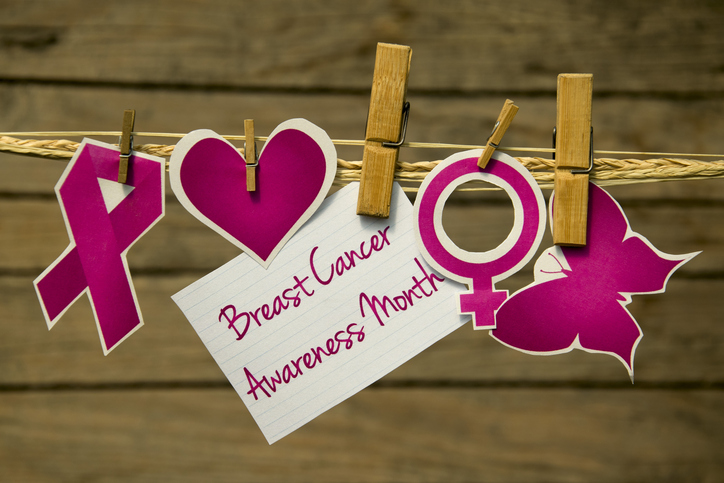As a cancer survivor, you’re not just used to fighting battles but also winning them. Don’t let the search for life insurance protection get you down. Find an insurer who will cover you after your diagnosis may be difficult but not impossible, and you owe it to yourself and your family to give it the best shot you can.
Here are some things you should know or will help you find life insurance protection:
1. Evaluate your need for life insurance. You may be holding on to the notion that you require life insurance protection, when in reality; no one is relying on you for income or expecting you to bring home the money. A heart-to-heart talk with your family and loved ones can help you objectively figure this out.
2. If you have fought cancer and are still holding on to a job, your best bet would be to rely on life insurance offered through your workplace. Group coverage offered by your employer (of small to medium value) is issued without the requirement of a medical examination and is every high-risk individual’s savior when it comes to life insurance.
If you work for a small business (2- 5- employees in most states), the insurance carrier will most likely skip the underwriting process. Larger workforces (groups of 50 or more employees) may be underwritten depending on which state you live in. This of course, is a tricky buy because most people rarely hold on to their jobs while undergoing intensive treatment and post-treatment care for cancer.
3. Your next resort is an individually owned life insurance policy bought directly from a life insurance company possibly with the help of an agent or online broker. The chances of finding individual life insurance will depend on the type of cancer, its spread (or grade) and the stage it has progressed to. According to Lance Armstrong’s Live strong, if you have survived “Stage I Breast Cancer, Prostrate Cancer, Low Grade Localized Testicular Cancer for at least five years since your last treatment and any other cancers caught and treated early,” your chances of finding coverage shoot up. Diagnoses of multiple cancers, recurrences or new diagnoses, Stage II or worse cancer progressions, combinations with other serious disease and cancer at metastasis stage can cause serious drawbacks in your search for affordable life insurance.1
4. You must be painfully honest on your application. Life insurance providers have access to databases like the National Cancer Institute’s SEER that has files on nearly 3 million cancer patients in the United States. While information in the SEER database is not name-specific, insurers extensively use it for the sake of underwriting policies and comparing results with their own medical test reports.
5. When evaluating treatment, the type of treatment used, its efficacy and results of the treatment are taken into account. If it has been a while since treatment, this is even better if you are healing and if any follow-up tests are clear.
6. You would typically have to wait to undergo treatment and demonstrate that it has worked on you in order to qualify for any underwritten policy. Most cancer patients respond in one of two ways during and after their first-course treatment, which is a huge risk to life insurance companies.
7. After the waiting period of a couple years post treatment, apply for a policy. You won’t likely qualify for affordable rates but it’s better than having no life insurance protection at all, especially if medical care costs have eaten into your savings. A good prognosis will mean your application will at least be processed; if you maintain a good prognosis for several years, you can qualify for even better rates if you reapply.
8. Guaranteed or Simplified Issue life insurance is available for cancer survivors who are not able to obtain regular term or whole life insurance on themselves. These life insurance policies are smaller in coverage amounts (rarely exceeding $25,000) but are usually issued with very few questions asked. It can help cover funeral charges and any outstanding medical bills.
9. A graded policy can be your next best recourse. If you die within the first few years of the policy (a time period stipulated by the insurer), your beneficiaries will be entitled to receive only the premiums you paid in plus a graded portion of the policy’s face value. If you live past the “cut-off period”, they can expect to receive the entire face value.
10. Ask a relative or close friend to help you do some of the legwork necessary to find the best life insurance policy. You’ll need the energy and strength to navigate through tedious applications and questionnaires.
The most important part about finding life insurance protection is to use the services of a sympathetic, seasoned broker who will understand exactly what you need, what restrictions you may face in order to get it, and how to settle for what the insurer will offer you. An advocate on your side, a friend to help you with what can be quite an arduous task even for healthy people, an agent who gets cancer survivor-ship will make all the difference. And remember to get comparison life insurance quotes before resigning to one type of policy. You’ll never know how much you could with life insurance unless you look!
Author Bio: AccuQuote is a leader in providing term life quotes to people across the United States. In 1986 it began operating with a single goal: to make the process of buying term insurance as easy as possible for its customers. Their experienced professionals consistently deliver the most affordable term life insurance rates by comparing thousands of life insurance policies from dozens of top-rated carriers.

